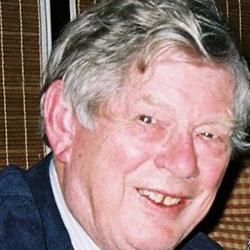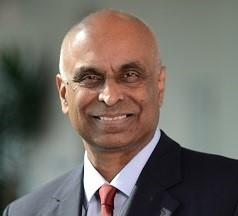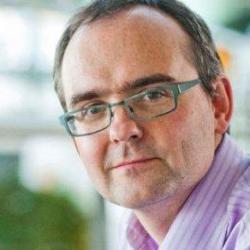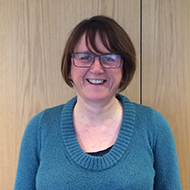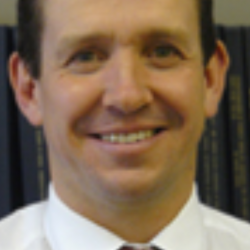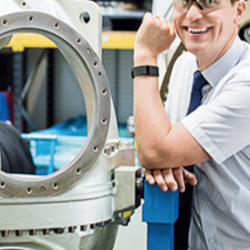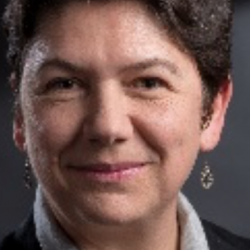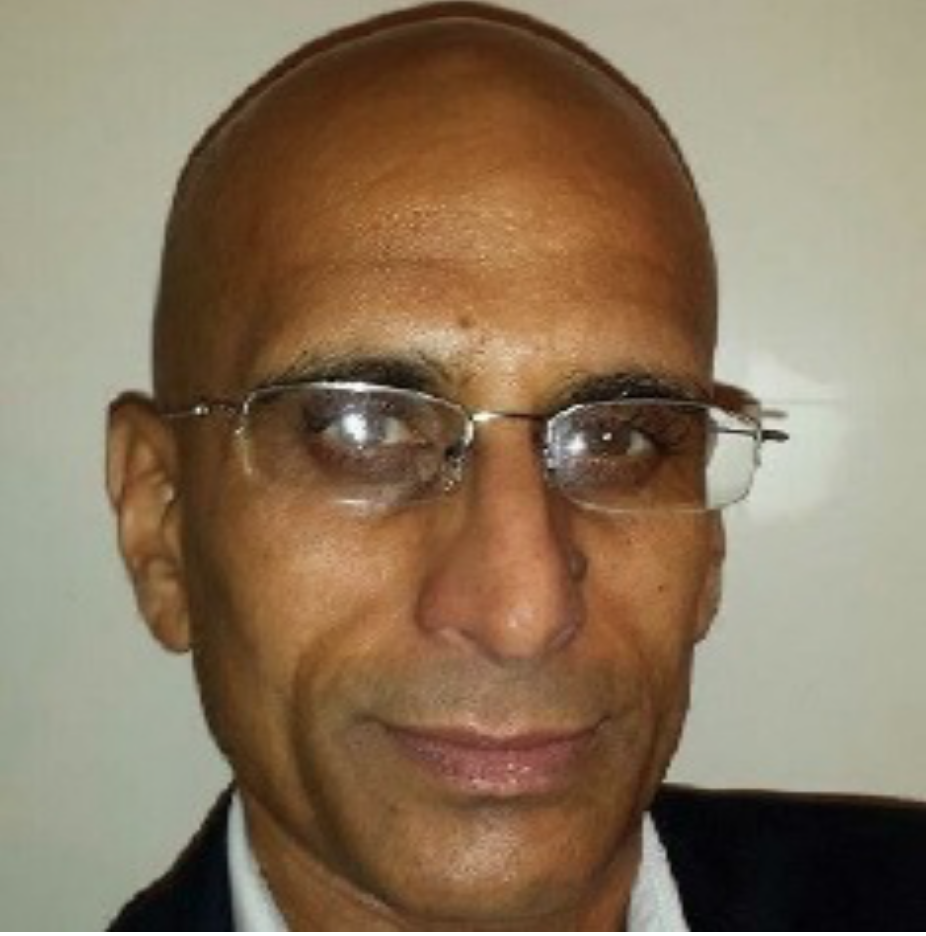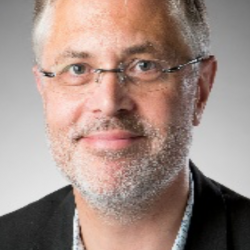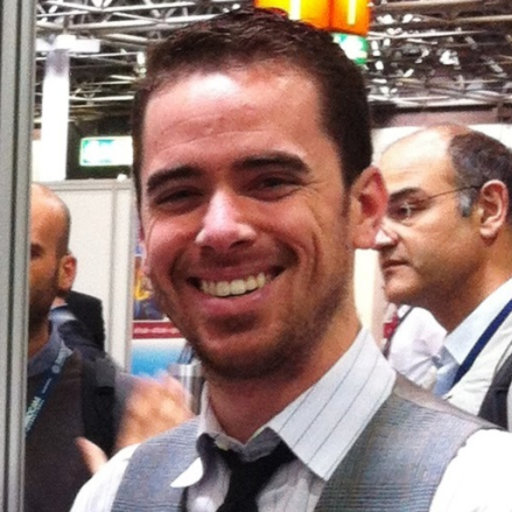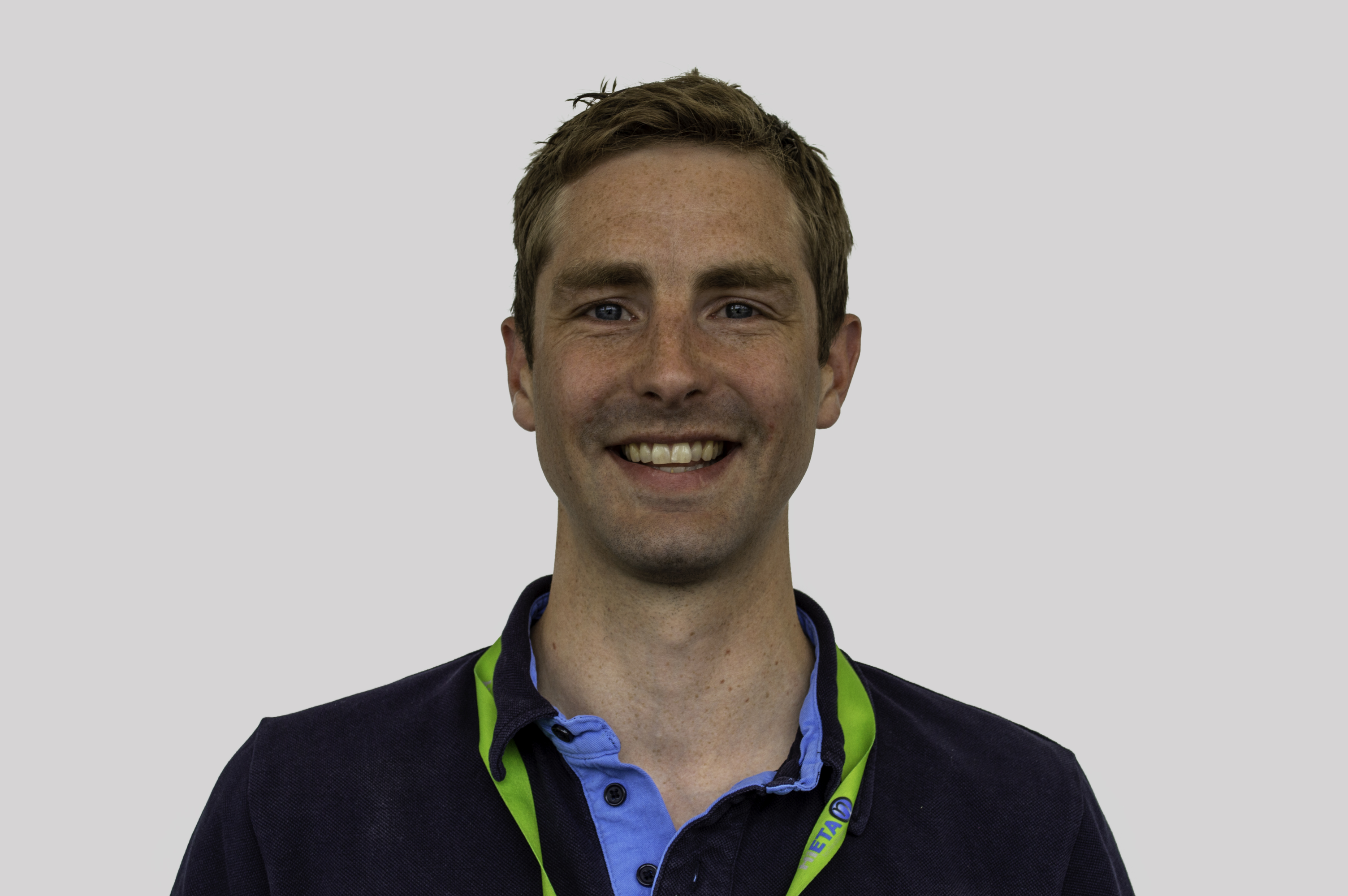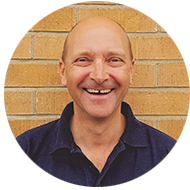Evening Panels
| Monday: Fuels, Combustion and All That Carbon | Chair: Derek Bradley, University of Leeds. Panelists: Gautam Kalghatgi (form. Shell, Aramco), Alison Tomlin (Leeds U.), Richard Pearson (BP, Lotus) |
| Tuesday: The future of combustion technology | Chair: Phil Bowen, University of Cardiff. Panelists: Ghenadieh Bulat (Siemens), Khawar Syed (InfoSys, form. Alstom, GE & Siemens), Jamie Turner (Bath), Benedicte Cuenot (CERFACS) |
| Thursday: Careers panel | Chair: Jon Runyon, University of Cardiff. Panelists: Andy Jones (HIETA), Jackie Chen (Sandia), Virginia Fratallochi (Siemens), Mark Peckham (Cambustion) |
Fuels Panel
(Chair) Professor Derek Bradley is an academic engineer known for his work on instabilities of laminar flames, effects of turbulence on burning rates, origins of auto-ignition and transitions to detonations, he has worked with oil, automotive, and gas turbine companies to develop fuels, engines and turbines with improved efficiencies and reduced carbon. Derek’s honours include the 1992 Alfred C. Egerton Medal of the Combustion Institute for his distinguished contributions to the field of combustion. He received the Huw Edwards Prize of the Institute of Physics and is a triple recipient of the Sugden Prize of the Combustion Institute’s British Section. He was also awarded the Gelfand Medal for promoting scientific cooperation with the Institute’s Russian Section. He is a Fellow of the Royal Society and the Royal Academy of Engineering.
Dr Gautam Kalghatgi is currently a Visiting Professor at Imperial College London (Mechanical Engineering) and also at Oxford University (Engineering Science) and in the past, at KTH Stockholm, TU Eindhoven and Sheffield University. He is a Fellow of the Royal Academy of Engineering, SAE (Society of Automotive Engineers), IMechE and the Combustion Institute and an Honorary Fellow of the International Society for Energy Environment and Sustainability. He is on the Board of Directors and Chair of the Industry Committee of the Combustion Institute. He worked for 31 years at Shell Research and 8 years in Saudi Aramco before retiring in June 2018. He has published extensively, on combustion, fuels, transport energy and engine research. He has a B.Tech. from I.I.T. Bombay (1972) and a Ph.D. from Bristol University (1975) in Aeronautical Engineering and did post-doctoral research on turbulent combustion at Southampton University (1975-1979).
Dr Richard Pearson is Technical Advisor - Automotive Engineering at BP. He has spent over 30 years in the area of powertrain research, including as Head of Vehicle Research at Lotus Engineering, and prior to that, as a Lecturer in Mechanical Engineering at the University of Manchester and as an engineer Ricardo Engineering. He is the co-author of over 100 refereed technical papers, 5 book chapters and 2 co-authored books. He is a Visiting Professor at the University of Bath, was also a Royal Academy of Engineering Visiting Professor, at Brunel University. He is a member of several industry and academic advisory boards including Energy Technologies Institute and Oil and Gas Climate Change Initiative. His interests are in the thermodynamics and gas dynamics of internal combustion engines, as well as alternative fuels and life-cycle analysis and strategy for transport and mobility.
Professor Alison Tomlin graduated from a combined honours BSc in Mathematics and the History and Philosophy of Science from the University of Leeds in 1987 followed by a PhD in Physical Chemistry at Leeds on the topic of nonlinear chemical kinetic systems. She then pursued Post-doctoral positions first at Leeds and then at Princeton University before joining the Department of Fuel and Energy at Leeds as a lecturer in 1994. Her research interests cover a range of topics from the combustion of alternative fuels, to the air quality impacts of combustion, urban air pollution and city-wide assessments of low carbon renewable potential. She has a particular interest in the development of methods for tracking uncertainties within model predictions. She is a Fellow of the Combustion Institute, and Editor of the Proceedings of the Combustion Institute.
Technology Panel
Professor Philip Bowen graduated in Pure & Applied Mathematics from the University of Wales in 1986, receiving his PhD degree in modelling complex fluids in 1990. He worked at Shell’s Thornton Research Centre, before joining Cardiff University’s School of Engineering in 1994. He was appointed Professor of Energy Systems at Cardiff in 2004, and founded Cardiff University’s offsite Gas Turbine Research Centre in collaboration with QinetiQ in 2007, which continues to undertake high-pressure/temperature combustion and fuels related research. Philip was Cardiff School of Engineering’s first Director of Innovation and Engagement (2008-12) and Director of School (2012-15). He founded and co-directs Cardiff’s Energy Systems University Research Institute (ESURI) (2015-) involving academic research from 10 Schools across all 3 academic colleges. He has attracted (as PI/CI) over £30M research income from over 100 projects during his career, graduated 30 PhD students and published over 200 research papers. He sits on various national and international strategic advisory committees (such as the IEA) and was formerly a member of the RCUK, has provided advice to various multinationals and governments, and is a Fellow of the IMechE, Institute of Physics – former chair of ‘Combustion Physics’ group - and Learned Society of Wales (FLSW).
Dr Ghenadie Bulat is the Product Owner at Siemens where he is responsible as a global authority for the product development of a small gas turbine. Dr Bulat joined Siemens in 2003, and is a Chartered Engineer, Member of Institution of Mechanical Engineers, an elected committee member of the British Section of the Combustion Institute and a visiting professor of combustion at Imperial College London. His experience includes 15 years of engineering and management within combustion at Siemens and at another GT OEM. He was responsible for managing combustion projects and resource allocation for aero-thermal design, testing and support of new products and technologies of small Siemens gas turbines. His contribution is reflected in several combustion design improvements, peer reviewed paper publications and patents. Dr Bulat is the author and co-author of more than 20 patent applications in gas turbine combustion system improvements such as: active and passive damping control of combustion instabilities, fuel injection and engine reliability improvements.
Dr-HdR B. Cuenot tobtained her engineering and master degree from Ecole Centrale de Paris in 1990. After one year as a research engineer in the University of Boulder (CO, USA), she came back to France where she defended her PhD in 1995 and HdR in 2000, both in the field of numerical combustion. She is now the leader of the combustion research group at CERFACS, developing advanced and massively parallel software for the numerical simulation (DNS and LES) of turbulent combustion and heat transfer (including thermal radiation) in industrial systems. With these tools she addresses various topics such as pollutant emissions, ignition and extinction, combustion efficiency or thermal fatigue of combustion chambers. Dr Cuenot teaches combustion and fluid mechanics in various universities and has authored more than 80 peer-reviewed journal papers. She has participated in many collaborative projects at national and international level, and is much experienced in coordinating european projects, mostly financed by the European Commission where she also acts as an expert evaluator. She has been distinguished as a Fellow of the Combustion Institute in 2018 and has been a member of the Editorial Board of Combustion and Flame since 2018.
Professor Khawar Syed gained an MSc and PhD at Cranfield University in the field of combustion, specialising in the modelling of soot and radiative heat transfer from flames. After two years as a Research Fellow at Cranfield, he joined ABB in Baden, Switzerland, in 1991, where he was responsible for establishing CFD-based methods within combustor development. He was also part of the development team of the GT24, the first low emissions reheat gas turbine for power generation. In 1997 he returned to the UK and worked for what is now Siemens, based in Lincoln. There, he had several roles, including Combustion Technology Manager, Engineering Methods Manager and Combustor Component Owner. In 2007 he re-joined the gas turbine business in Baden, then owned by Alstom, where he headed Combustion Technology and was responsible for developing lean premixed and reheat technologies for the latest H class gas turbines and beyond, as well as enhancing fuel flexibility, including Hydrogen. In 2015 he joined GE Power, where he headed the Combustor Development team in Switzerland, and was global lead for Physics Based Modelling for Combustors. In August 2018 he joined Infosys in Baden, where he heads Gas Turbine Engineering within the Turbomachinery and Propulsion practice.
Professor James Turner is Professor of Engines and Energy Systems at the University of Bath. He has nearly 30 years of experience in the field of internal combustion engines, and is a specialist in the field of spark-ignition combustion, pressure charging, alcohol fuels, and engine concepts. In addition to his specializations, his main area of interest is renewable energy and its application to the transport sector, with particular emphasis on the use of and possibilities afforded by alcohol fuels. He spent over 21 years working at Lotus Engineering, and has also worked at Norton Motorcycles, Cosworth and Jaguar Land Rover.
Careers Panel
(Chair) Dr Jon Runyon is a postdoctoral research associate at Cardiff University’s Gas Turbine Research Centre working on the FLEXIS project. He obtained his PhD from Cardiff University in 2017, studying the effects of natural gas composition on pressurized swirl flame stability. He holds a BSc with highest honours in mechanical engineering from the University of Florida. He has been a recipient of the 20th Anniversary Award from the UK Engineering Professors’ Council (2016), ASME International Gas Turbine Institute Scholarship (2016), and ASME Young Engineer Turbo Expo Award (2019). He is a member of the Combustion Institute British Section, American Society of Mechanical Engineers (ASME), UK Fluids Network Combustion Special Interest Group, European Turbine Network Hydrogen and Additive Manufacturing Working Groups, and the UK STEM Ambassador network.
Dr Jackie H. Chen is a Distinguished Member of technical staff at the Combustion Research Facility of Sandia National Laboratories in Livermore, California, where she has worked for over 35 years. She holds a BSc in engineering from Ohio State University, a MS in mechanical engineering from the University of California, Berkeley, and a PhD in mechanical engineering from Stanford University. She is a member of the National Academy of Engineering, for her contributions to the computational simulation of turbulent reacting flows with complex chemistry. She is a Fellow of the Combustion Institute and recipient of the Bernard Lewis Gold Medal for excellence in combustion research. Her combustion research focuses on petascale direct numerical simulations (DNS) of turbulent combustion and fundamental turbulence-chemistry interactions. She and her collaborators have discovered new physical insights related to turbulent premixed and stratified flame propagation, preferential diffusion, intrinsic flame instabilities, lifted flame stabilization in (non)heated flows, reactive scalar mixing, compression ignition and flashback in boundary layers.
Dr Virginia Fratalocchi is a technical Pre-Sales consultant for Siemens Digital Industry, PLM Software in London, UK, where she has worked for over 2 years. Siemens Product Lifecycle Management Software helps companies of all sizes around the world to optimize their processes from planning and development through manufacturing and lifecycle support to realize innovation. Dr Fratalocchi obtained a MSc in Mechanical Engineering from Sapienza Universita di Roma and a PhD from the University of Twente in the Netherlands in 2017 with a dissertation entitled “Aspects of ethanol: laminar, turbulent and dynamics combustion.” She has published research in such journals as Combustion Theory and Modelling and Combustion Science and Technology as well as presented work at internationalconferences including ASME Turbo Expo. The topics of her published works include numerical simulation of acoustically forced ethanol-air spray flames and reduced chemical kinetics for ethanol combustion. In her current role, Virginia provides support for STAR-CCM+ and HEEDS to prospects and customers in EMEA (Europe, Middle-East, Africa). Typical support requests are: delivering demonstrations, conducting benchmark and validation studies, assuming responsibility for software trials by potential clients within their environment, collaboration on customer-facing marketing campaigns and sales initiatives.
Mr Andy Jones is currently Innovation Programme Manager and combustion lead at HiETA Technologies Limited, a product design, development, and production SME based in Bristol which exploits additive manufacturing for heat exchangers, turbo machinery, combustion and fuel delivery systems. He is a Chartered Engineer with the IMechE and earned a Master’s degree from the University of Nottingham in 2007. Prior to working for HiETA, Andy has worked as a mechanical engineer in a number of roles with companies such as Edwards, Mott MacDonald, and Southern Water, as well as a five year stint working abroad in a multidisciplinary design consultancy in Sydney, Australia. At HiETA, he is currently responsible for efficiently delivering innovative additive manufactured products that are aligned with board level strategy. He has worked previously on a number of projects incorporating design, FEA, CFD and prototyping of novel recuperated combustion systems for micro gas turbines. His current interests in combustion science focus on low emission combustion technologies that can be optimized with additive manufacture, for example reacting and non-reacting CFD model development, thermal management in micro gas turbines, managing university research partnerships, novel combustor geometries, IP development, and additive manufacture process optimization.
Dr. Mark Peckham is Director at Cambustion Limited in Cambridge. Cambustionis a spin-off SME from Cambridge University Engineering Department in 1987, which develops and manufactures a range of ultrafast response gas and particulate analyzers for internal combustion and gas turbine engine emissions, particulate filter testing systems, and aerosol science instrumentation. In addition, Cambustion also provide powertrain testing and development services to the automotive industry. Dr Peckham graduated from Edinburgh University with a degree in Mechanical Engineering and went on to complete his PhD at Emmanuel College Cambridge. After a brief time working at Ricardo in Shoreham, he returned to Cambridge to work for Cambustion where he has helped develop new emissions-related instrumentation and provides technical support to his customers worldwide. He has a particular interest in in-cylinder gas sampling, the measurement of transient emissions during real world driving emissions, and their impact on local air quality. In his current role as a director within Cambustion’s products division, Mark is responsible for spotting opportunities for new product development and working closely with academic, industrial and public sector customers in utilizing Cambustion’s equipment.

